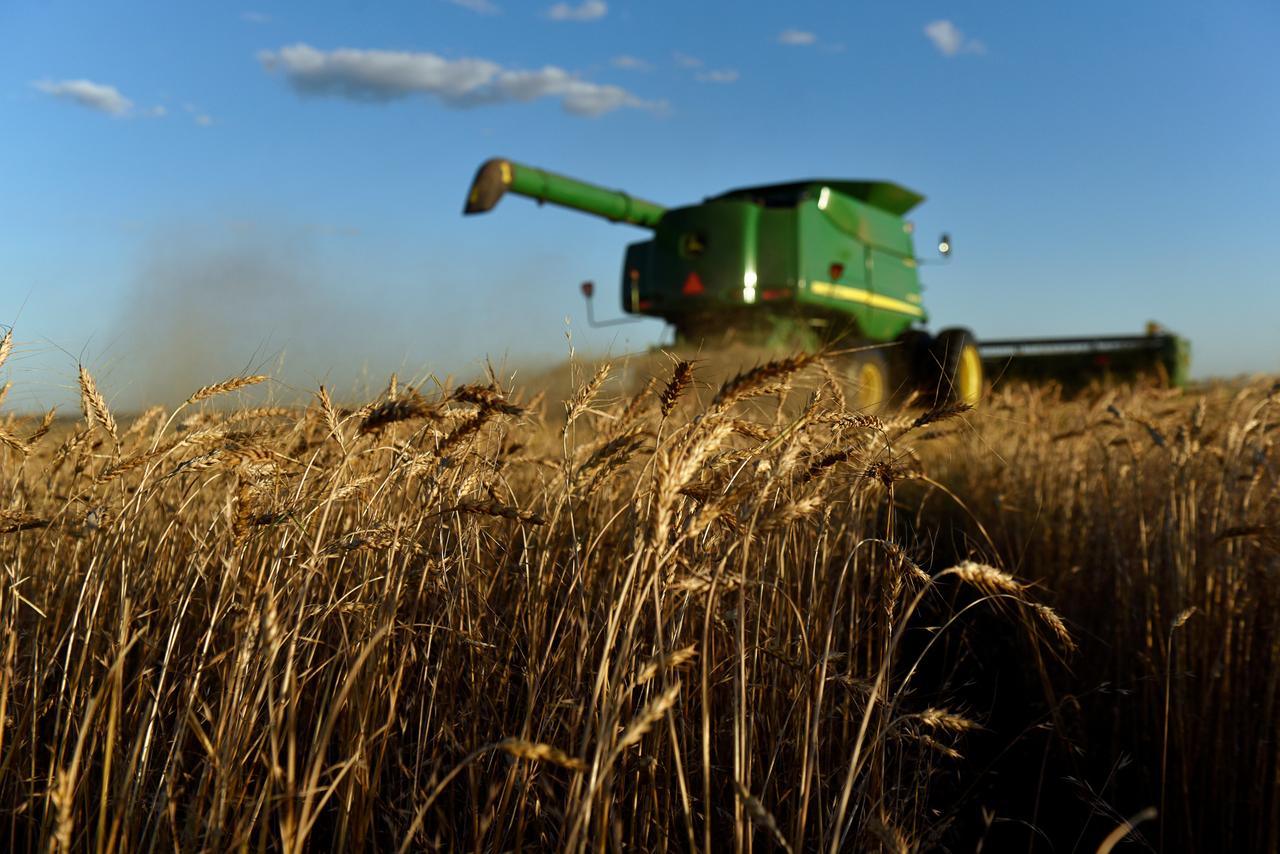
Agriculture may form the backbone of Pakistan’s economy but outdated practices have long kept the sector from tapping into its full potential. The net result of these old habits, especially towards irrigation and resource management, has been a gradual but ever-worsening downward trend in production. Although not the sole cause by any means, it had a part to play in the present food crisis that some experts fear could become a perennial issue in the future.
So had been the case at least until a young entrepreneur came to fore with a novel solution. For Ramla Kaleem and team, a possible answer lay in leveraging the latest information technology tools for agriculture. That is how Aqua Agro, an Internet of Things (IoT) and artificial intelligence (AI) based cloud platform that can help save water and increase agricultural production, came into being.
“Agriculture used to contribute approximately 50 per cent to the country's GDP. Now it makes up less than 20 per cent,” said Kaleem, who now serves as Aqua Agro’s CEO. "Meanwhile, our freshwater resources are drying up quickly. With limited storage facilities, there is a dire need to save as much freshwater as possible," she added.
Stressing the need for technological solutions, the electronics engineering graduate from NED University pointed out that at present the agriculture sector wastes half of the water it uses, while using up 70 per cent of the country’s freshwater resources. “If we can ensure optimum water usage, we can increase both crop yield and profit margins for farmers,” the entrepreneur opined.
As the idea became a stuck thought in their head, Kaleem and her team members decided to pursue answers as part of their university project— an initiative which ultimately evolved into Aqua Agro, as the initiative moved into its commercial phase.
According to Kaleem, her system leverages IoT and AI-based cloud technology to acquire sensor readings of factors like temperature, humidity, soil moisture, and water requirement. Which it then uses to provide a decision-based support system to the farmers, advising them on the best irrigation approach.
With Covid-19 exacerbating all challenges faced in the platform’s development, the journey has been far from easy for the young entrepreneurs behind Aqua Agro. In addition to the complexities of building an AI algorithm, the various coronavirus lockdowns were a major hurdle in platform’s development. “We did some case studies, but we needed to cover more crops and soil types. Covid-19 and lockdowns kept us from deploying it as much as we would have liked to,” told Kaleem.
After 30 deployments in Sindh, the team made plans to go nationwide with a better solution than it presently has. In need of resources, finance and exposure, they entered an energy company’s flagship global enterprise development programme; eventually winning first prize of a $20,000 lifeline.
"The prize money will help us improve and upgrade our system to have more durability and incorporate a fertiliser requirement system that can tell farmers how much fertiliser to use,” shared the startup’s CEO. “We also hope to launch a pest attack prediction system in the near future,” she added.
However, according to Sindh Abadgar Board Vice President Mehmood Nawaz Shah, where Kaleem’s initiative has the potential to be useful, farmers may require a better sales pitch than what’s currently on the table.
Talking about Aqua Agro’s utility, Shah said that Sindh’s farmers are faced with a severe water shortage. “We get water for eight days straight but then there is none for the next week or so. Due to which we end up over irrigating crops when we have water but a platform like Aqua Agro can help us avoid that,” he highlighted.
For Shah, the fact that the solution comes locally is an added bonus, since imported systems, in his opinion, require constant support and upgrades. “Ultimately, however, it all depends on the authorities. Unless the government deploys Aqua Agro on more than 7,000 acres, we will still be where we are now in 20 years,” the vice president opined.


1731329418-0/BeFunky-collage-(39)1731329418-0-165x106.webp)



1731771315-0/images-(3)1731771315-0-270x192.webp)











COMMENTS
Comments are moderated and generally will be posted if they are on-topic and not abusive.
For more information, please see our Comments FAQ